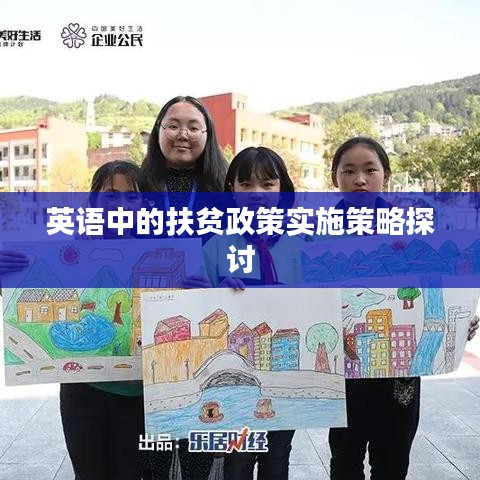In today's globalized world, poverty eradication remains a significant challenge faced by many nations. As a result, the implementation of effective poverty alleviation policies has become a top priority for governments worldwide. In English, the term "implementing poverty alleviation policies" encapsulates the entire process of carrying out strategies aimed at reducing poverty. Specifically, the phrase focuses on the practical steps taken to ensure that these policies reach the intended beneficiaries and produce positive results.
The process of implementing poverty alleviation policies involves several key elements. Firstly, there is a need for clear policy objectives and guidelines. Policies should be tailored to fit the specific context of the target population, considering factors such as regional differences, socio-economic conditions, and cultural backgrounds. Secondly, effective communication and collaboration between government departments, local organizations, and communities are crucial. Collaboration ensures that resources are efficiently utilized and that policies are implemented effectively on the ground.
In English, the term "implementing" denotes the practical execution of policies, which involves translating policies into action plans with specific steps and timelines. The term also emphasizes accountability and monitoring to ensure that policies are being implemented as intended and to identify any challenges that need to be addressed. This is crucial for maintaining the integrity of the policies and ensuring their success.
Moreover, the term "扶贫政策" in Chinese translates to "poverty alleviation policies" in English. These policies encompass various strategies aimed at reducing poverty, such as providing educational subsidies, improving infrastructure, offering employment opportunities, and providing healthcare services. The implementation of these policies involves ensuring that these interventions reach the intended beneficiaries, are sustainable, and contribute to long-term poverty reduction.
To implement poverty alleviation policies effectively, there is a need for a strong political commitment and leadership. Policies should be backed by sufficient financial resources and should be accompanied by capacity building efforts to ensure that local communities are equipped to take ownership of the development process. Additionally, policies should be reviewed periodically to adapt to changing circumstances and to ensure their relevance and effectiveness.
In conclusion, implementing poverty alleviation policies is a complex process that involves several key elements, including policy objectives, collaboration, accountability, and monitoring. The use of the term "implementing poverty alleviation policies in English" highlights the importance of effective communication and collaboration in ensuring that these policies reach their intended beneficiaries and contribute to the reduction of poverty worldwide. As nations strive to achieve sustainable development goals, the implementation of effective poverty alleviation policies remains a critical component of achieving a more equitable and prosperous world.
转载请注明来自上海贝贝鲜花礼品网,本文标题:《英语中的扶贫政策实施策略探讨》













 蜀ICP备2022005971号-1
蜀ICP备2022005971号-1
还没有评论,来说两句吧...